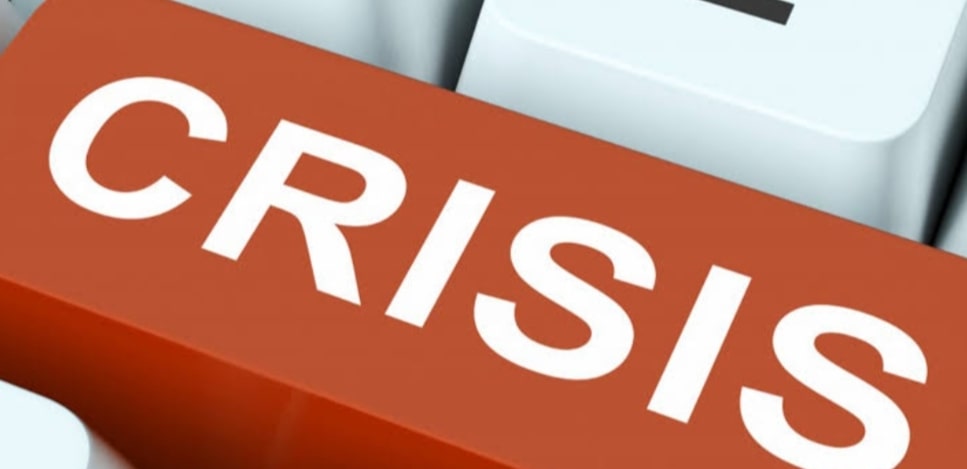1. Anticipate the Crisis
You may realize that some of the situations are preventable by simply modifying existing methods of operation. You can begin to think about possible responses, best-case/worst-case scenarios, etc. Each crisis communications team should have people who have been pre-screened, and trained, to be led from the front. All organizational spokespersons during a crisis situation must have the right skills, the right position, and the right training.
2. Collect Updated Data and Information
Data collection is the process of gathering data for use in business decision-making, strategic planning, research, and other purposes. Data is one of the most valuable resources today’s businesses have. The more information you have about your customers, the better you can understand their interests, wants, and needs.
3. Always have a crisis management plan ready
The plan is vital for the crisis management team to have a guide on what to do. A customized plan that better suits the structure of the organization is what you need. A crisis management plan should be drafted depending on the goals of the organization. This is where you get main points to address. Having a proper crisis management plan beforehand can save your company keep employees safe, and also safeguard your company’s reputation.
4. Bringing together a crisis management team
No matter how small a situation might look, it is always advisable for a team of experts to assess and come up with the best solutions. The team should involve all departments in an organization. A strong crisis management team is the key to companies successfully surviving a disaster. This crisis management essential guide provides an overview of the topic and insights from leading experts.
5. Assessing the weak areas
Once you know where your problems are and have determined which areas of your business might be causing the shortfalls, meet with your supervisors to get their input. By having a such plan, your company will be one step ahead of the crisis and the moment it strikes, your company will be fully prepared. Coordinate with senior management so that it will help you in various ways.





1 thought on “Five crucial steps to handle a crisis in an organisation”